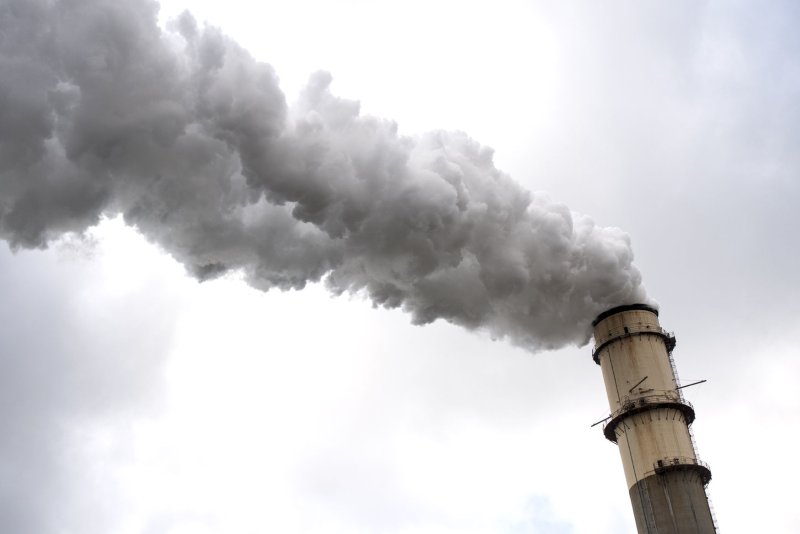1 of 2 | Through the America's Pledge, 20 U.S. states, 110 cities and 1,400 businesses committed trillions of dollars toward emission reductions. File Photo by Kevin Dietsch/UPI |
License Photo
Nov. 13 (UPI) -- Former New York City Mayor Michael Bloomberg said non-federal funds were displacing the U.S. government's with the effort to address climate change.
"The American government may have pulled out of the Paris agreement, but the American people are committed to its goals," the former mayor said at a climate conference in Bonn, Germany, during the weekend. "And there is nothing Washington can do to stop us."
Bloomberg took the podium during the weekend to say it was private funds and non-federal efforts that would reflect U.S. interests in addressing the threats from climate change. Through the so-called America's Pledge, Bloomberg, Calif. Gov. Jerry Brown and U.N. delegates reported that 20 U.S. states, 110 cities and more than 1,400 businesses with U.S. operations committed trillions of dollars in market capital toward emission reductions. If they were a federal entity, the group said they would be the third largest economy in the world represented at the Bonn conference.
European Union President Jean-Claude Junker this year said the bloc was setting its sights on becoming a global leader in renewable energy development as the United States signals its intention to leave the international Paris climate agreement. With Nicaragua and Syria joining recently, the United States is the only country in the world standing on the sidelines of the climate agreement.
Through the pledge, the U.S. representatives at Bonn said the private and non-federal efforts could eventually do enough to meet the federal commitments under the Paris climate deal to cut emissions by as much as 28 percent of their 2005 levels by 2025.
"When President Trump announced his intention to withdraw from the Paris agreement, which he can't do until 2020, some people worried that it meant the end of America's climate leadership," Bloomberg said. "That couldn't be farther from the truth."
Donald Trump's administration started the process of withdrawing from the agreement earlier this year. A pro-oil former real estate tycoon, Trump has put fossil fuels at the center of his energy policy, advocating for solutions like so-called clean coal.
Advocacy group Friends of the Earth, meanwhile, noted that the federal U.S. presence at the Bonn conference was there to promote fossil fuels over clean energy.
"U.S. government representatives are extolling the virtues of fossil fuels at the year's most important international climate talks," FOE policy director Karen Orenstein said in an emailed statement. "This is a slap in the face to countries that are party to the Paris agreement."
An October report from Fitch Ratings said gains in renewable energy had been supported by government subsidies and other incentives, though renewables are gaining parity in terms of price when weighed against traditional power sources.
"This suggests that renewables growth is becoming self-sustaining and that the U.S. plan to withdraw from the Paris climate accord will not affect sector growth," the report read.















